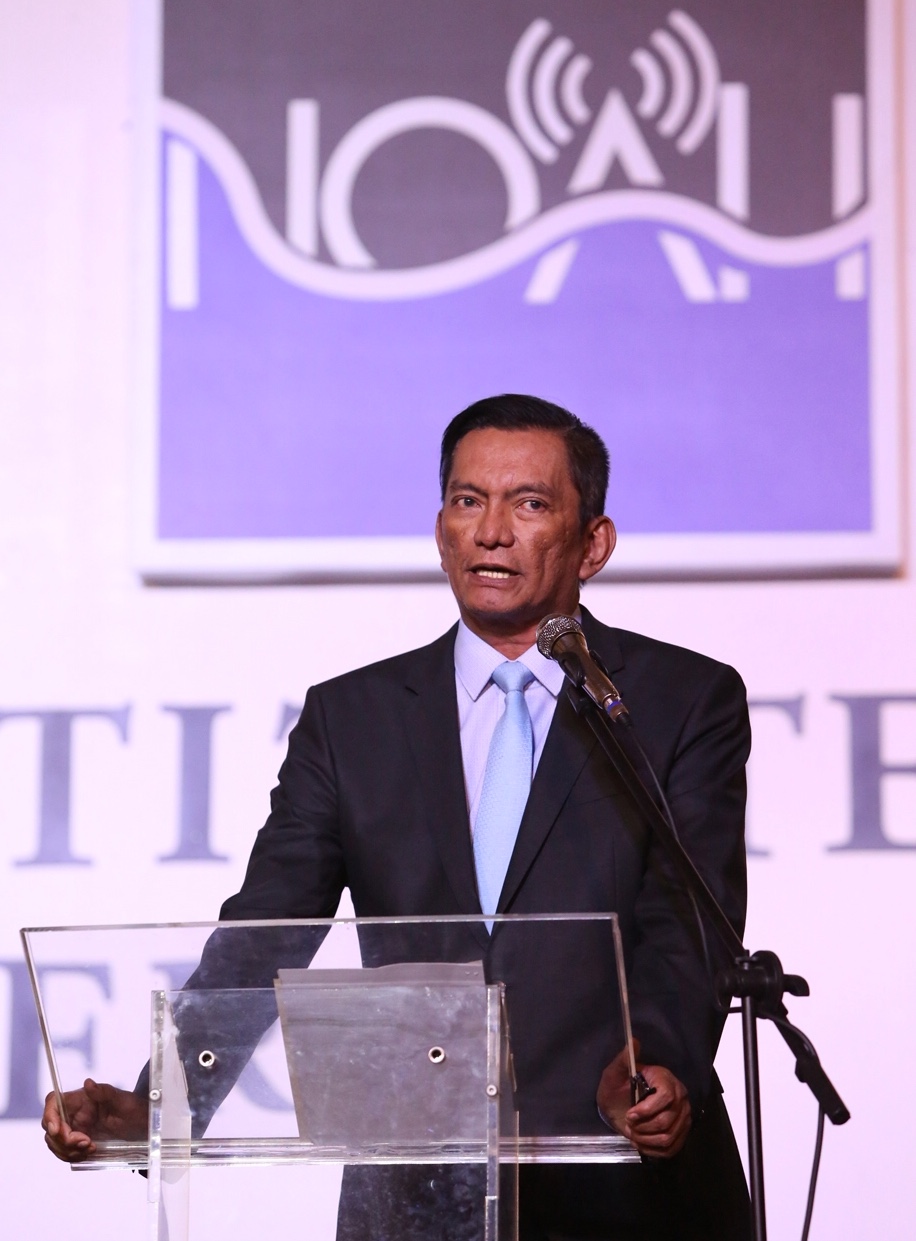6.4% August inflation ‘self-inflicted’; gov’t ‘did little or nothing’ — Salceda
The country’s nine-year high 6.4 percent August inflation was “self-inflicted” largely because the government “did little or nothing.”
This was the searing remark of Albay 2nd District Rep. Joey Salceda, House Speaker Gloria Macapagal-Arroyo’s point-man on counter-inflation, about the country’s latest inflation rate on Wednesday.
READ: Inflation hits new 9-year high of 6.4% in August
The government earlier announced that the August inflation spiked to 6.4 percent, the fastest rate of increase in prices of basic goods and services since March 2009’s 6.6 percent during Arroyo’s time.
READ: Arroyo on 6.4% inflation: I’ve had a more alarming situation as President
“Ultimately, the 6.4% was really due to the fact that we did little or nothing. We can no longer blame market opportunists profiteers and rice hoarders,” Salceda said in a statement.
The economist said the only notable measure the government implemented in response to the rising inflation was the “50bps increase in policy rates of the BSP (Bangko Sentral ng Pilipinas).”
“But it would take a lag of 6-18 months for monetary action to gain traction in containing aggregate demand,” he lamented.
Salceda and Arroyo earlier suggested that the Duterte administration focus its counter-inflation efforts on the five major drivers of inflation: exchange rate, rice, fish meat, and oil.
The lower chamber even suspended its sessions between August 16 and 27 to allow President Rodrigo Duterte to lower importation tariffs or taxes on some basic goods —
which he did not do.
READ: House to suspend sessions to allow Duterte to lower importation tariff
What’s more worrisome, Salceda said, is that it would “reverse gains in poverty reduction and hunger mitigation since the main culprit is food inflation which surged by 8.5%.”
“Thus the inflation of the poor (lowest 30%) is estimated at 7.4%,” he added.
Salceda also pointed out that the usual “gang of suspects” behind the staggering inflation continues to be the following:
1. Supply difficulties due to two weeks of continuous rains especially in the Luzon food basket principally impacting vegetables;
2. Unabated increases in rice prices with weak NFA intervention;
3. Meat prices especially chicken are more elevated;
4. Fish prices are still going higher;
5. Slight increases in pump prices due to peso weakness and higher global oil prices; and
6. Peso weakness from 53 in July to 53.40 in August (now 53.55)
Despite this, Salceda said he expects that the September inflation would be lower at 6.1 percent “due to base effect in September 2017 which experienced increases due to electricity FIT (feed-in-tariff).”
“Unless we do nothing and do more silly things, 6.4% should already be the peak in this inflation cycle,” he underscored.
However, a return to 4 percent inflation within 2018 is no longer possible, according to Salceda, “especially since we are now into the world’s longest Christmas season characterized by higher consumer spending.”
Returning to 4 percent is more likely to be achieved by August next year, he added.
Wage inflation looms
This outlook, Salceda warned, would also give rise to more demands for wage adjustment.
“The main risk to this outlook which is already unfolding is that it would transform into a more permanent inflation given the rising demand for wage adjustments e.g. Davao approving P56/day, P26 in 2018 and another P30 in Feb. 2019 (all within 5 months),” he said.
Immediate measures
Thus, Salceda stressed that the following immediate measures should be done:
1. Higher National Food Authority rice importation and targeted distribution to rice-deficit areas (especially in Metro Manila) and food-deficit populations;
2. reduction of food tariffs on meat products;
3. continuous trade coordination by DTI (Department of Trade and Industry) with domestic manufacturing and trade associations for self-restraint via SRP (suggested retail price) system;
4. suspended approval or deferred implementation of tariff increases by Departments supervising tariff-setting bodies like water, electricity and tools; and
5. BSP needs to be abreast of the cycle to contain price expectations.
Meanwhile, Salceda sees that the Rice Tarrification Act, eyed to ease rice prices by 2019, and the increase of public investments in agriculture would solve inflation in the long run. /kga















